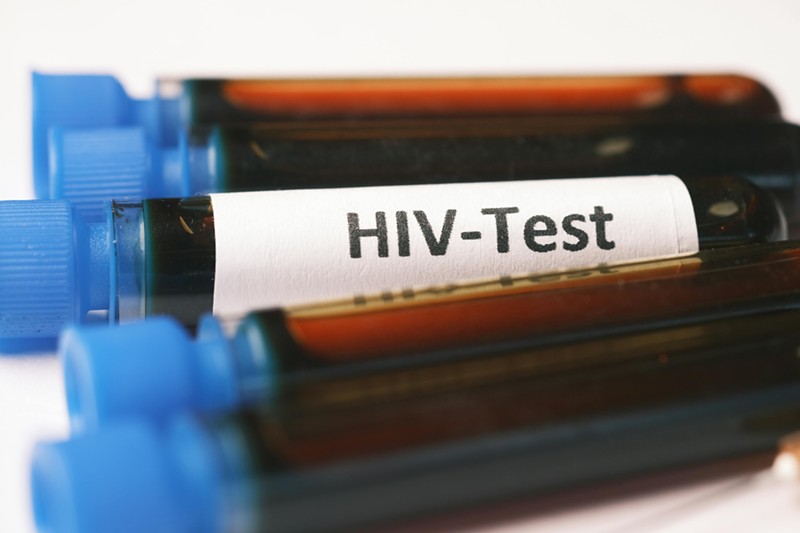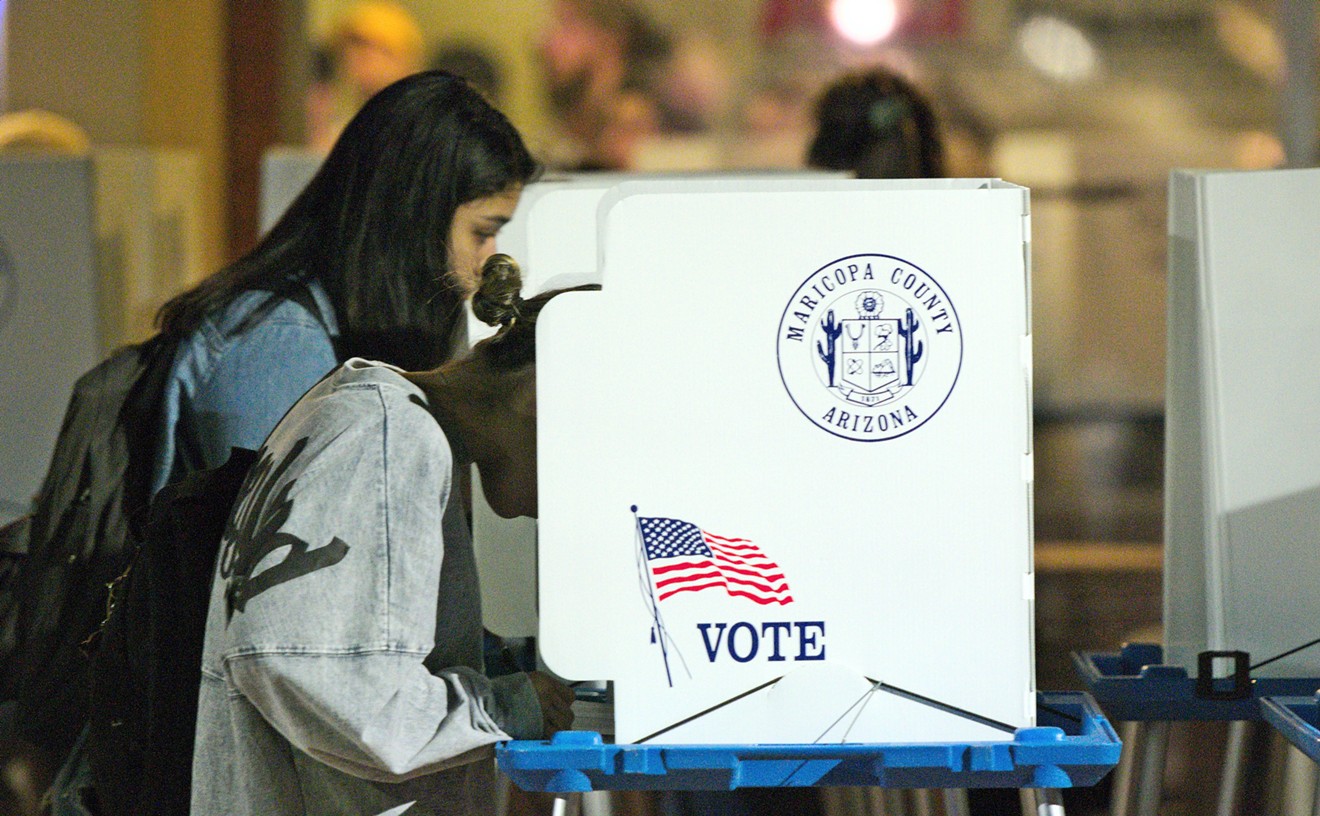More than a million people live with HIV in the United States, and more than 18,000 of them call Arizona home.
Today, on National HIV Testing Day, public health experts want to encourage testing so people can know their status and get the care they need.
A new poll found more than a third of Americans believe sexually transmitted diseases can only be transmitted through sex, which is not totally true. While HIV is most commonly transmitted through unprotected sex, with most cases among men who have sex with men, it can also be passed through the sharing of needles, or from HIV-positive pregnant women to infants.
Monique Hitch, deputy director of the Central Branch Division of Community HIV/AIDS Programs for the Health Resources and Services Administration, said information is power.
"The CDC recommends that everyone between the ages of 13 to 64 should get tested and know their status and be part of routine care," Hitch explained. "People should get tested more often if they have more than one sexual partner, if they know that the partner they are with does not know their status and to know sexual history."
She pointed out people with a negative test result can take pre-exposure prophylaxis and use condoms to reduce the risk of getting HIV. Hitch noted for those who do test positive, it is important they start antiretroviral therapy treatment as soon as possible to stay healthy. More information and testing sites can be found at GetTested.CDC.gov.
Hitch added free self-tests are also available. She said all HIV tests have a different window period, meaning if you are tested within a certain time period since your last potential exposure, you could receive a negative result but still have an infection. It means a person could still transmit HIV to other partners, which is why additional testing may be needed.
"There is more opportunity now to know your status and just remember to go out on Thursday, or any other day of the year, to get tested and know your status to provide self-love for yourself," Hitch urged.
Experts said it is important to know if you think you've been exposed to HIV, you can prevent HIV infection by getting on post-exposure prophylaxis within 72 hours of the possible exposure for it to work.
This story originally appeared on Public News Service.
[
{
"name": "Air - MediumRectangle - Inline Content - Mobile Display Size",
"component": "18478561",
"insertPoint": "2",
"requiredCountToDisplay": "2"
},{
"name": "Editor Picks",
"component": "16759093",
"insertPoint": "4",
"requiredCountToDisplay": "1"
},{
"name": "Inline Links",
"component": "17980324",
"insertPoint": "8th",
"startingPoint": 8,
"requiredCountToDisplay": "7",
"maxInsertions": 25
},{
"name": "Air - MediumRectangle - Combo - Inline Content",
"component": "16759092",
"insertPoint": "8th",
"startingPoint": 8,
"requiredCountToDisplay": "7",
"maxInsertions": 25
},{
"name": "Inline Links",
"component": "17980324",
"insertPoint": "8th",
"startingPoint": 12,
"requiredCountToDisplay": "11",
"maxInsertions": 24
},{
"name": "Air - Leaderboard Tower - Combo - Inline Content",
"component": "16759094",
"insertPoint": "8th",
"startingPoint": 12,
"requiredCountToDisplay": "11",
"maxInsertions": 24
}
]











